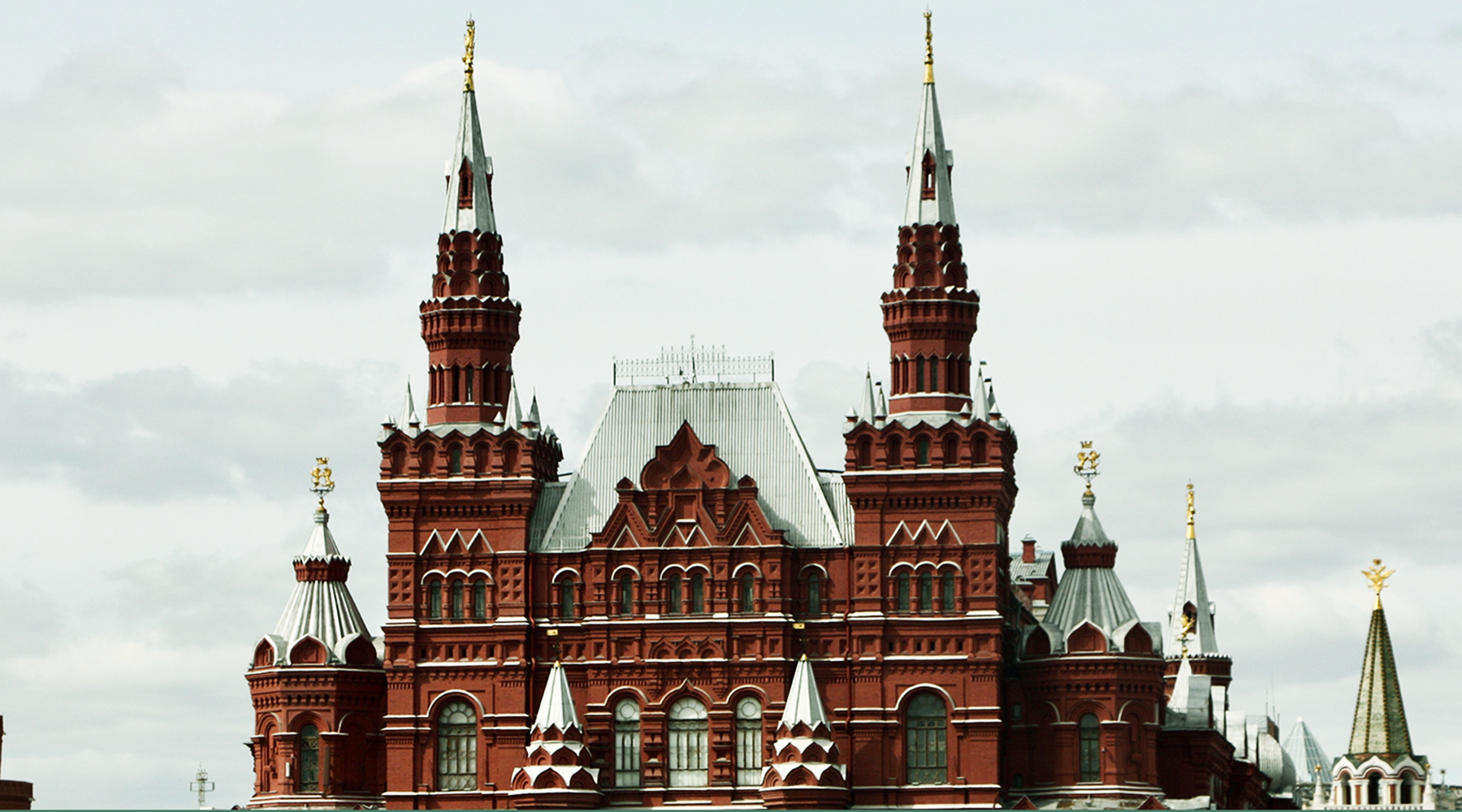
Further to our previous sanctions newsletters we herewith inform about recent sanctions developments, following the Council’s adoption of the ninth sanction package on 16 December 2022, and an agreement as to a price cap on Russian gas.
The Council has adopted a ninth package of sanctions against Russia, which can be summarised as follows:
Almost 200 Russian individuals and entities have been added to the list of individuals and entities subject to asset freeze, including Credit Bank of Moscow and JSC Dalnevostochniy Bank (JSC Far Eastern Bank). In total, 1386 Russian individuals and 171 entities are now subject to asset freeze.
New export restrictions have been introduced on certain goods
• that might contribute to Russia’s military capabilities and technological enhancement, e.g. drone engines, camouflage gear, chemical/biological equipment, generators, toy drones, laptops, hard drives, IT components, cameras, lenses and additional electronic components found on the battlefield in Ukraine (Articles 2 and 2a),
• suited for the aviation sector (Article 3c)
• which could contribute to the enhancement of Russian industrial capacities, e.g. medium oils and preparation of petroleum or bituminous minerals (HS 2710.19), laptops, hard drives, IT components, night-vision and radio-navigation equipment, cameras and lenses, and toys incorporating a motor (Article 3k)
• which generate significant revenues for Russia (Article 3i)
In addition, the import ban regarding Russian iron and steel is amended to include prohibitions as to the import or purchase of steel products processed in a third country incorporating steel from Russia. The ban is, in line with several other provisions, refined and takes effect on various dates depending on the CN code (Article 3g).
Various temporary provisions enabling export and import of prohibited goods have been added to facilitate termination of businesses with Russia, provided the goods were physically located in Russia when the relevant prohibitions entered into force and provided also the goods do not benefit military end-users or have a military-end use (Article 12b).
The ban includes a prohibition on participation and financing in the mining and quarry sector in Russia although exceptions apply regarding extraction of various specified minerals (Article 3a).
The new package also adds 168 additional Russian entities closely linked to the Russian military-industrial complex to whom even tighter restrictions will apply, in an effort to cut off their access to sensitive dual-use and advanced technologies. This brings the total number of entities targeted by sectoral sanctions to 410. The consequence of these restrictions is that the scope for national authorities to make derogations from sanctions is restricted.
The Russian Regional Development Bank (“RRDB”) has been added to the list of entities that are subject to a prohibition to engage in any transaction with. This means that the RRDB now has the same status as e.g. Rosneft, Gazprom and Rostec.
The new package introduces a possibility for countries benefiting from derogations from the general ban on import of Russian oil to refine this oil and re-export the same to Ukraine (Article 3m).
It is prohibited to hold any post in the governing bodies of entities publicly controlled by Russia or its Central Bank (Article 5aa).
It is prohibited to provide market research and public opinion polling services, technical testing and analysis services, and advertising services to the government of Russia or legal persons, entities, or bodies established in Russia (Article 5n).
The purchase, import, and transfer of natural gas whether in a liquid state or not (CN 2711) remains unsanctioned. However, reporting requirements have been introduced in respect of natural gas condensate (CN 2709 00 10) (Articles 3m and 3n).
In this context, it may be noted that EU has reached an agreement for a market correction mechanism to protect citizens and the economy against excessively high gas prices. The mechanism will be automatically activated when the month-ahead price on the Title Transfer Facility (TTF) exceeds 180 EUR/MWh for three working days and when the month-ahead TTF price is 35 EUR higher than a reference price for liquified natural gas (LNG) on global markets for the same three working days.
Click here for the latest version of the consolidated sanctions text (Council Regulation 833/2014).
As of 28 December, the amendments of 16 December had not been included in the text. Click here to read these amendments.
Should you have any questions about sanctions or trade compliance
please contact Martin Johansson or Anders Leissner.